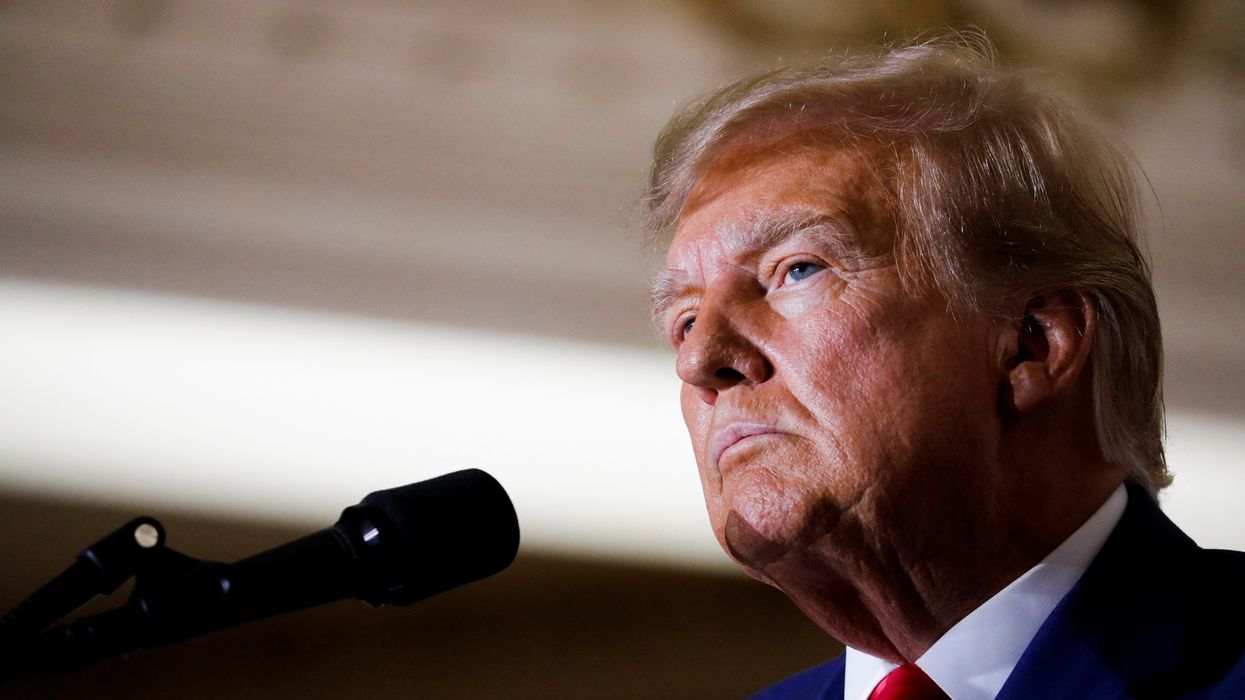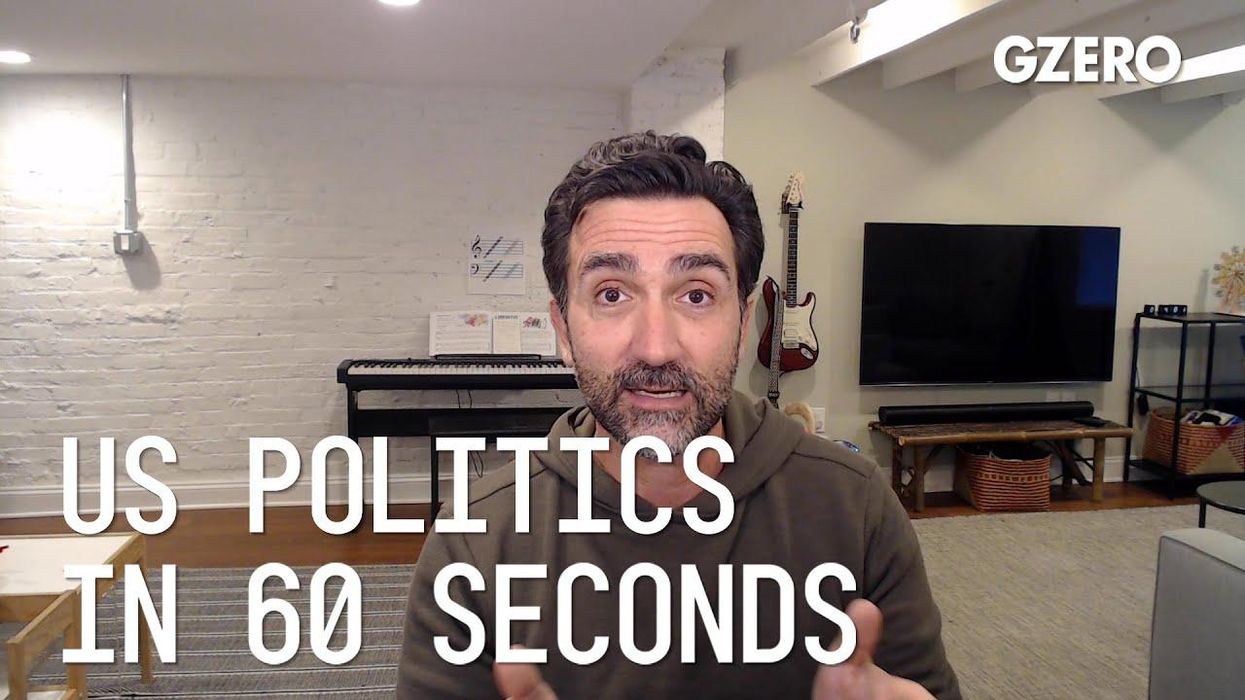Ian Explains
Ian Explains: Does it matter if Americans don't trust the Supreme Court?
Public approval for the US Supreme Court is at an all-time low. Is SCOTUS in danger of losing its legitimacy?
May 03, 2024




